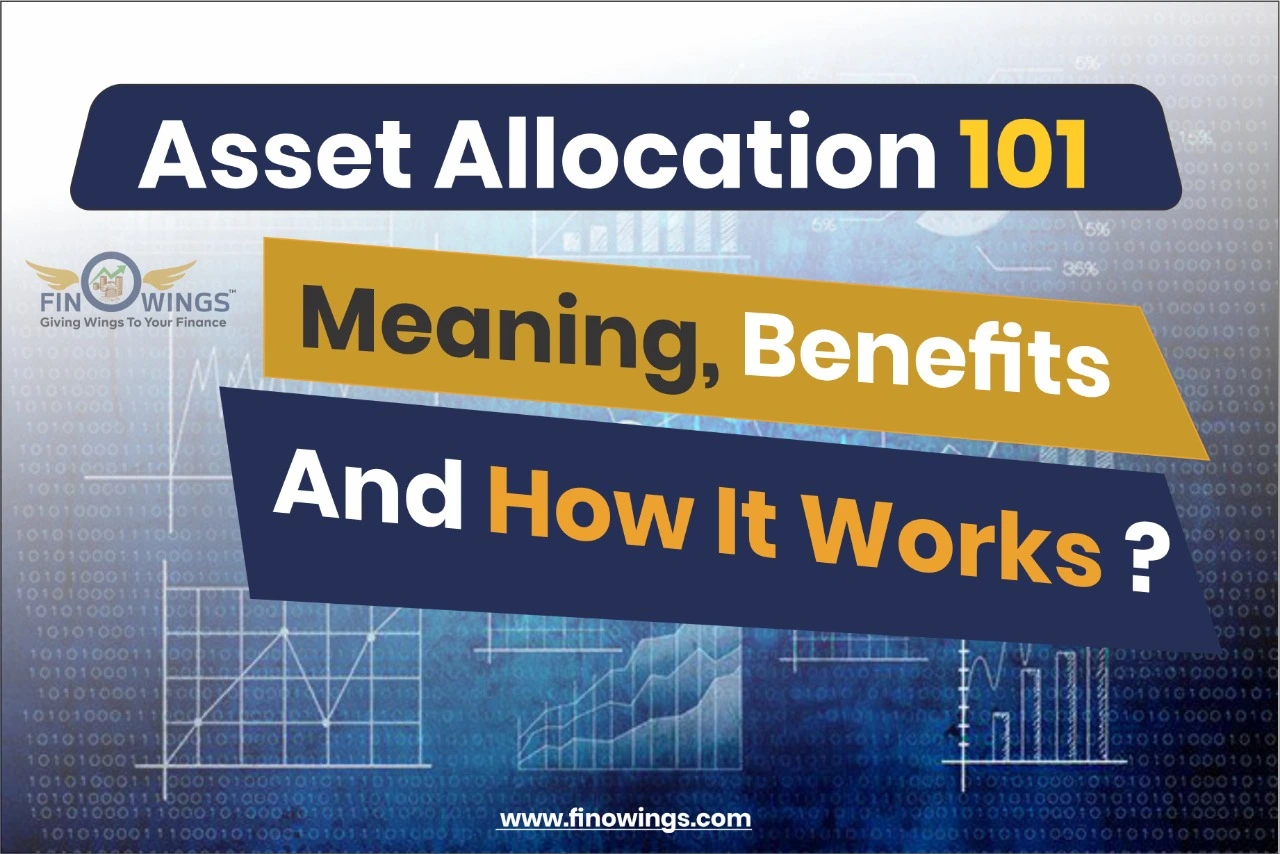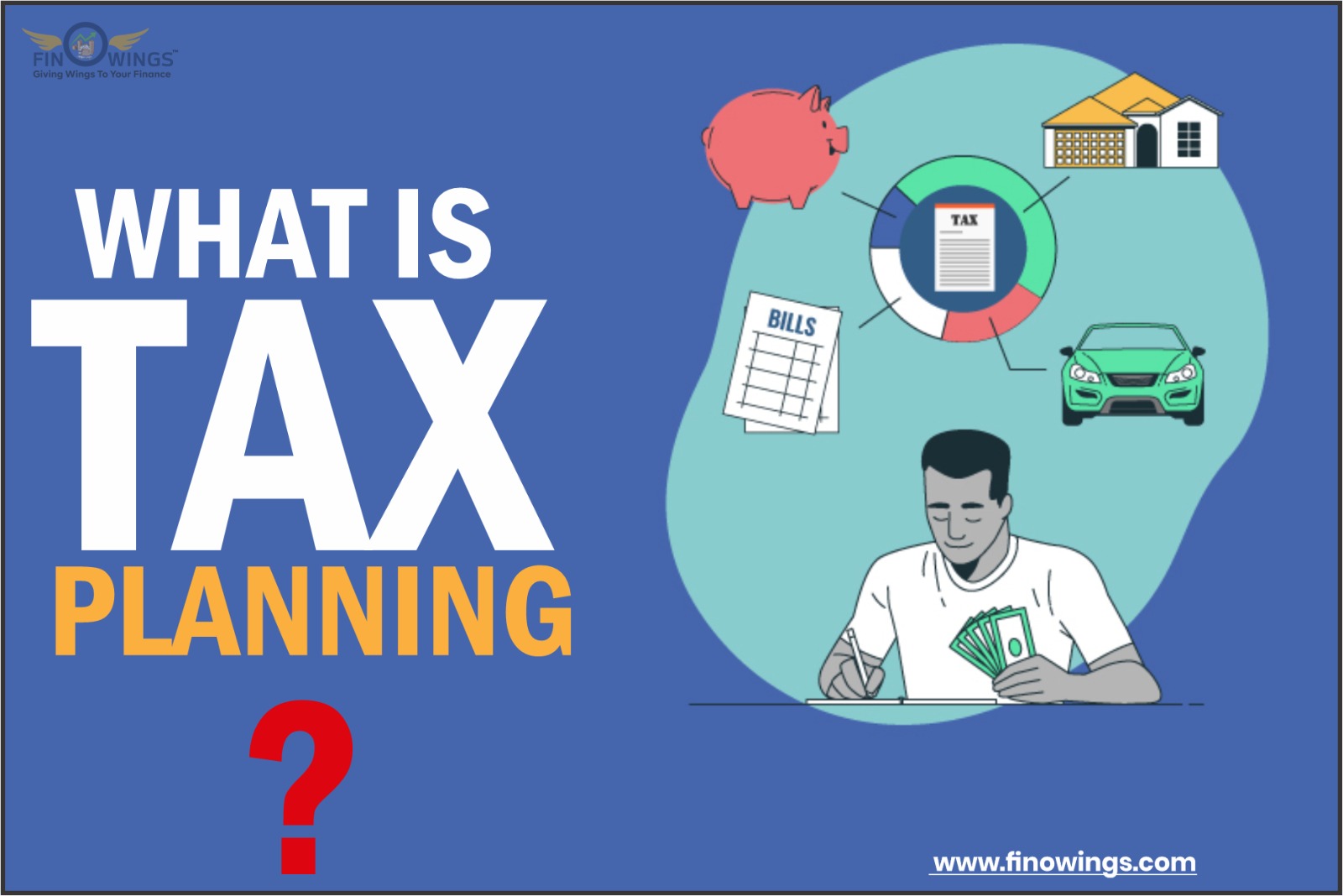Home >> Blog >> How Real Estate investing helps to Create Wealth?
How Real Estate investing helps to Create Wealth?
Among the most lucrative investment opportunities for building wealth is real estate. Understanding the various ways that investing in real estate can contribute to wealth creation is crucial if you're considering doing so. It's crucial to select investments as an investor that align with your risk appetite and financial objectives. Understanding the many investing options at your disposal isen essential for making these choices. This blog will explore investing in real estate and several strategies for building wealth through real estate.
10 Ways To Build Wealth Through Real Estate Investing
Here are 10 ways to build wealth by investing in real estate:
1. Cash Flow
● Once operational costs and mortgage payments have been fulfilled, a real estate investment's cash flow is its remaining net income. Cash flow generation is a fundamental advantage of investing in property. ● In several circumstances, when you pay down your mortgage and increase your equity, your cash flow will only get stronger over time.
2. Tax deductions and breaks
● Several tax benefits and deductions can be used by investors, which can result in financial savings during tax season. The justifiable expenses associated with owning, running, and maintaining a property are often deductible.
● Additionally, you can benefit from decades of deductions that can reduce your taxable income because the price of purchasing and developing an investment property could be depreciated throughout its life span (39 years for commercial properties, 27.5 years for residential properties)
3. Appreciation
● Knowing that the majority of wealth in real estate is created through appreciation or the long-term rise in housing costs. This is the "home run" that individuals refer to whenever they receive a significant financial windfall. Although prices change, long-term real estate valuations have consistently increased, and there is no reason to believe that will stop.
● One thing to think about whenever it relates to how real estate appreciation affects your ROI is the reality that leveraged appreciation gives significant rewards. If you invest $200,000 in a property and it increases to $220,000, you have made a 10% profit.
● Therefore,they used bank funds to purchase the home rather than paying cash. Given that you only put down $10,000 ($20,000), you effectively received a 100% return on your investment.
4. Depreciation
● Depreciation is not a decline in the worth of real estate, despite the misleading term. It is essentially a tax word that describes your capacity to deduct a portion of the asset's value each year. This substantially lowers the tax liability on the revenue you do produce, which is yet another way real estate preserves and grows your wealth.
● You can deduct 1/27.5 of the property's worth from the revenue you've earned every year for the residential real estate you've invested in. So, if you paid $200,000 for a residence, you would divide that amount by 27.5 to obtain $7,017. This represents the maximum you might deduct from the cash flow that the property generated for the year. Often, this exceeds the total cash flow, allowing you to eliminate taxes.
● The specifics of this tax advantage must be discussed with a CPA, but the general notion is that, similar to equipment for a firm you operate, wear and tear on a property you purchase throughout time is permitted to be written off by the government. It's not a terrible deal to own property that generates income for you, has the potential to appreciate in worth, and protects you from paying taxes on your earnings.
● The only restriction is those principal residents are ineligible for this tax relief. The leased property is considered a business, allowing expenses to be deducted, and leasing property tax is exempt. Owning investment property offers you a benefit in this situation because this isn't the case if you use the home as your permanent residence.
5. Generate wealth and equity Equity
An asset that is a component of your net worth—is built as a result of mortgage payments on real estate. Additionally, as you raise your equity, you may purchase multiple homes with less money down, boosting your wealth and cash flow even more.
6. Portfolio Diversification
Diversification is another opportunity in real estate investing. The relationship between real estate and the other major asset classes is tenuous, and occasionally even harmful. Therefore, using real estate in a portfolio of diversified assets can lower volatility and increase return on risk.
7. Leverage in Real Estate
Leverage is the utilization of different financial structures or borrowed funds (such as debt) to raise the possible return on investment. For instance, you can use a mortgage with a 20% down payment to buy a house. Real estate is a tangible asset that may be used as collateral, making financing simple to obtain.
8. Competitive Risk
Adjusted Returns Real estate returns differ based on geography, asset class, and administration, among other things. Despite this, a common goal among investors is to outperform the S&P 500's average returns, which is sometimes referred to as "the marketplace."
9. Inflation Hedge
● Real estate's capacity to hedge against inflation results from the correlation between GDP expansion and real estate demand that is favorable. Rents rise as economies develop due to a rising desire for real estate. Increased capital value is the result.
● Real estate thus tends to keep capital's purchasing power intact. Because it transfers some inflationary stress to tenants and incorporates part of it through capital growth.
10. Real Estate Investment Trusts (REITs)
● Choose a real estate investment trust if you'd like to participate in real estate but aren't prepared to take the plunge into buying and operating properties (REIT). Most stock exchanges provide publicly listed real estate investment trusts for purchase and sale.
● Several trades with high volume, allow you to enter and exit positions rapidly. Real estate investment trusts often give greater returns than most stocks since they are required to distribute 90% of revenue to investors.
Conclusions
Even with all the advantages of real estate investing, there are disadvantages. The absence of cash is among the key challenges (or the comparative challenges in turning assets into cash and vice versa). A real estate deal may take months to finalize, as opposed to a stock or bond deal, which could be finished in a matter of seconds. Finding the ideal counterparties can take several weeks of work, even with a broker's assistance. However, real estate is a unique asset class with a clear risk-return profile that can improve an investor's portfolio. It is also an easy-to-understand asset class. Real estate on its own provides cash flow, tax benefits, equity building, competitive risk-adjusted returns, and an inflation hedge. Investing in real estate, whether it be via a real estate investment trust or purchasing physical properties, can improve a portfolio by reducing instability.
FAQs
1. What aspect of real estate investing matters the most?
Property Location. The maxim "location" is still true and is still the most crucial element in real estate investing success. Residential property assessments heavily consider the condition of the community, green space, scenic vistas, and proximity to services.
2. How does the housing market impact the economy?
In 2018, the nation's economic output from real estate investment was $1.15 trillion. That equates to 6.2% of the US GDP. Although it is higher than the $1.13 trillion in 2017, it is still behind the $1.19 trillion peak of 2006. Development of real estate accounted for a sizable 8.9% of GDP at that time.
3. What advantages does real estate offer?
Passive income, consistent cash flow, tax benefits, diversification, and leverage are all benefits of real estate investing. A method to invest in real estate without needing to own, manage, or finance properties is through real estate investment trusts (REITs).
4. How can one determine whether a real estate investment is a sound?
The 1 percent rule, which suggests that a property's monthly rent must be no less than 1 percent of the initial cost, which includes any initial renovations and the purchase price, is one well-known method to help determine if a property is a smart investment.


















